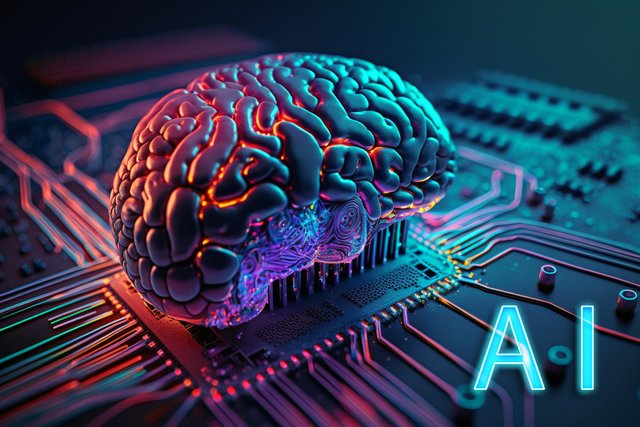
In today's technology-driven world, artificial intelligence (AI) has become a transformative force in industries from healthcare to finance, transportation to entertainment. With the rapid growth of artificial intelligence technology, the demand for skilled professionals in this field is increasing. If you're looking to break into the AI industry, here's your ultimate guide to finding a job in this exciting and dynamic field.
Define Your Path
The first step in an AI career is to define your path. Artificial intelligence spans many disciplines, including machine learning, natural language processing, computer vision, robotics, and more. Decide which field of AI best fits your interests, strengths, and career aspirations. Research the latest trends, industry needs and emerging technologies to identify the most promising avenues for growth.Key Skills
AI is a diverse field that requires different skills. While technical knowledge is paramount, soft skills are equally important for success. Build a solid foundation in programming languages such as Python, R or Java and deepen your understanding of algorithms, data structures and statistics. Learn more about popular AI frameworks and tools, including TensorFlow, PyTorch, and scikit-learn. In addition, the development of soft skills such as critical thinking, problem solving, communication and collaboration, which are necessary for the development of a dynamic environment with artificial intelligence.Start practical projects
Theory alone is not enough in the field of artificial intelligence; Practical experience is essential. Participate in hands-on projects that demonstrate your skills and experience. Build your own AI models, participate in Kaggle competitions, participate in open source projects, or collaborate with your peers on new innovations. These projects not only showcase your talents to future employers, but also provide valuable learning experiences and growth opportunities.Continuing Special Education
Online education can be a systematic way to learn AI concepts and techniques. Consider pursuing specialized degrees, certificates, or online courses in AI-related subjects. Universities and online sites offer a variety of programs to suit different skill levels and interests, from introductory courses to advanced degrees. Through continuing education and professional development, you can keep up with the latest developments in artificial intelligence.Build a professional network
Networking is a powerful tool for developing AI skills. Connect with industry professionals, researchers and thought leaders through online forums, social networking sites and professional networking events. Join AI communities, attend conferences, workshops and meetups to expand your network and keep up with industry trends. Engage in meaningful conversations, seek out mentoring opportunities, and tap into your network for insight, advice, and potential job offers.Personalize your resume and portfolio
Create a compelling resume and portfolio that showcases your AI skills, experience, and accomplishments. You can tailor application materials for specific roles and target companies, highlighting your key AI technology expertise and contribution to impactful projects. Measure your results and show tangible results to demonstrate your value to potential employers.Preparing for Technical Interviews
Technical interviews are part of the AI job application process. Prepare hard by developing your problem solving skills, algorithmic thinking and coding skills. Practice solving coding, algorithm, and machine learning challenges with tools like LeetCode, HackerRank, and CodeSignal. Review the basic concepts, algorithms, and data structures commonly used in AI and data science interviews.Update and adapt Stay up to date with the latest news, research articles and industry insights to stay relevant and competitive. Develop a growth mindset and make continuous learning and adaptation key elements of your AI journey. Demonstrate your understanding and willingness to embrace change, experimentation and innovation in the ever-evolving world of AI.
Demonstrating Domain Expertise
Many AI applications are domain specific and require specialized knowledge in certain industries or areas. If you have experience in a specific field, such as healthcare, finance, e-commerce or autonomous vehicles, use that to your advantage. Highlight relevant experience, projects or research in your CV and interviews, demonstrating your understanding of the industry's challenges, demands and opportunities.Show your enthusiasm and drive
Passion and passion for AI can set you apart in a competitive job market. Show your genuine interest in AI through your projects, contributions and interactions with the AI community. Share your vision for the future of AI and explain how you want it to have a big impact on your work. Employers value candidates who are not only technically savvy, but also interested in using AI to drive positive change and innovation.In short, getting a job in AI requires a combination of technical expertise, soft skills, hands-on experience, and strategic planning. By following these definitive guidelines and using the resources at your disposal, you can confidently and effectively navigate the complexities of the AI landscape. Accept the challenges, seize the opportunities, and set out on the path to success in the fascinating world of artificial intelligence.